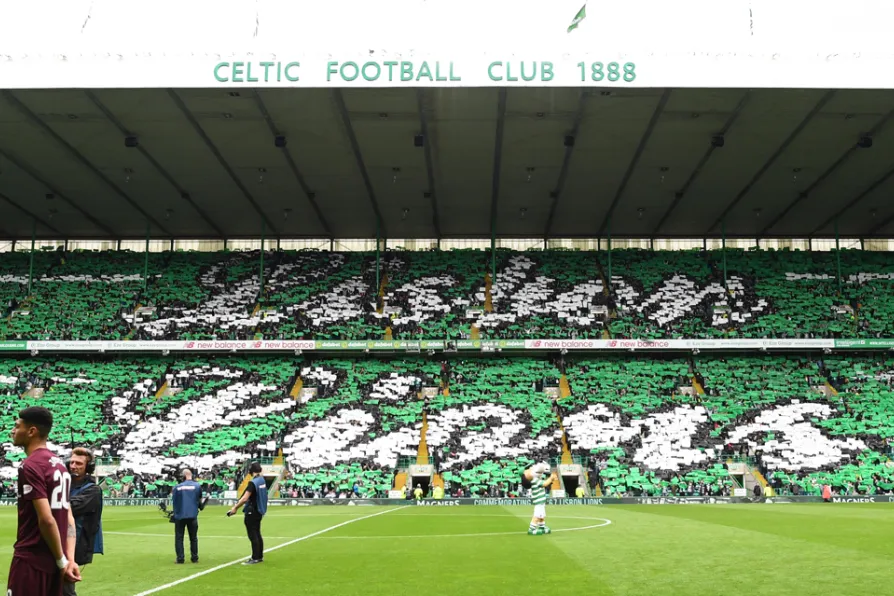

CELTIC’S Lisbon Lions were more than football heroes, they were working-class heroes, a group of young men from the West of Scotland who succeeded in transcending the limitations of their working-class roots without ever seeking to break free of them, dedicated to the cause of bringing joy to their own.
For this was a team imbued with the ethos of service to the very communities that raised them and of which they were a product, proving in the process that art, creativity and culture are not the exclusive preserve of the middle class.
From manager Jock Stein all the way through a roll call of now legendary names — Ronnie Simpson, Jim Craig, Tommy Gemmell, Bobby Murdoch, Billy McNeill, John Clark, Jimmy Johnstone, Willie Wallace, Stevie Chalmers, Bertie Auld and Bobby Lennox — the Celtic team that emerged from the tunnel on that sun-soaked day at the Estadio Nacional in Lisbon with their pale faces and lopsided features, a study in contrast to the tanned and tall and impressive Italians of Inter Milan, who’d won the European Cup twice in the previous three years, achieved the unthinkable.

Mary Kom’s fists made history in the boxing world. Malak Mesleh’s never got the chance. One story ends in glory, the other in grief — but both highlight the defiance of women who dare to fight, writes JOHN WIGHT

The Khelif gender row shows no sign of being resolved to the satisfaction of anyone involved anytime soon, says boxing writer JOHN WIGHT

When Patterson and Liston met in the ring in 1962, it was more than a title bout — it was a collision of two black archetypes shaped by white America’s fears and fantasies, writes JOHN WIGHT

In the land of white supremacy, colonialism and the foul legacy of the KKK, JOHN WIGHT knows that to resist the fascism unleashed by Trump is to do God’s work














